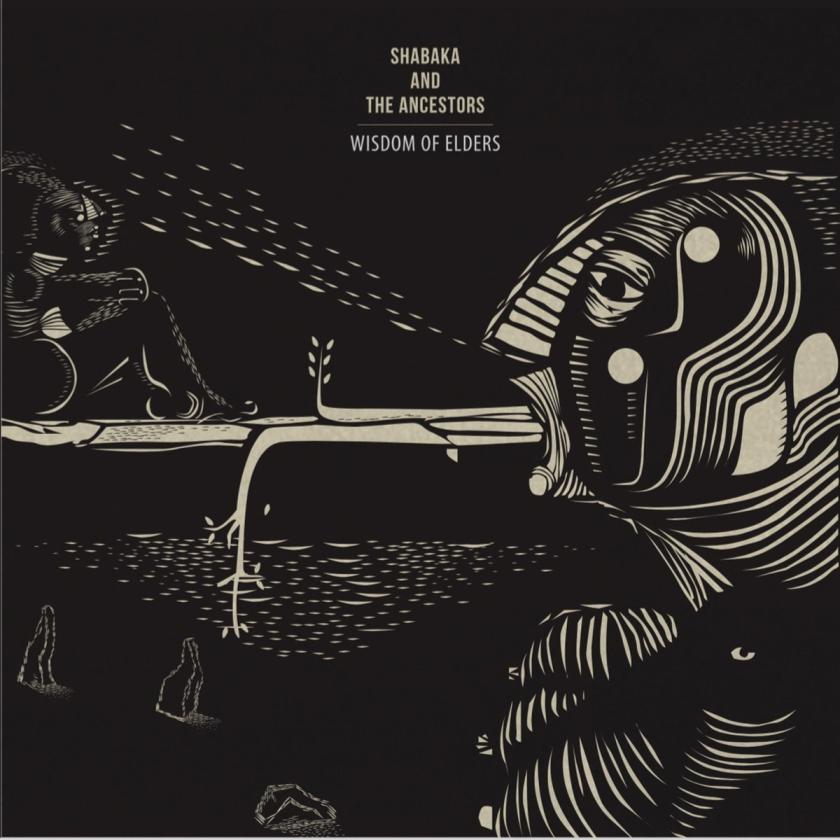The future direction of jazz has been the subject of anxious discussion for at least 50 years, and the last few have seen particular fervent speculation, usually provoked by another tedious “death of jazz” article. Fortunately, such pieces almost always foreshadow a renaissance, and the recent prominence of jazz-sourced breakthrough artists such as Gregory Porter, Kamasi Washington, Robert Glasper and Snarky Puppy has at least ensured the death-of-jazz polemicists have had to put down their poison pens.
So far, so reassuring. Also American. As Shabaka Hutchings himself argued in an article constructively critical of the Mobo Awards jazz nominations a few months ago, the British scene has plenty of original acts (most notably himself, though he was too modest to say so), which blend and merge aspects of jazz’s cultural heritage in exhilarating ways. Yet the awards scene too often makes easy American choices. Enter Hutchings and this South African collaboration, part of a movement for which Hutchings has coined the term Afro-Futurism. Hutchings is effectively the leader of a generation of British-based musicians drawing on both jazz and African music in highly suggestive, fruitful ways, and he merits recognition for that difficult role, as well as his own performing fluency.
The rebellious power of township jazz during the apartheid years can also be detected
Wisdom of Elders is an evocative title, but also an unusually literal one. Drawing on the spirituality of Sun Ra, with calypso and Southern African Nguni (a widespread, partly improvised folk music of vocals and string bow) adding subtly to the mix, it’s a highly accomplished stylistic fusion, which also draws on soul, gospel, post-bop jazz, as well as individual influences. Foremost of these is probably the influential multi-instrumentalist Bheki Mseleku, though the background of numerous wise elders who nurtured the rebellious power of township jazz during the apartheid years can also be detected.
It was recorded in a single day, the Ancestors being seven South African musicians who also bring important stylistic flavours of their own. As with much African music, drums (Tumi Mogorosi) and percussion (Gontse Makhene) are crucial, and the way in which numerous patterns of rhythm spin and weave with such deceptive ease through masterful pieces like “Mzawandile”, “Natty” and “Give Thanks” is mesmerising. It’s a great ensemble performance, however, and everyone makes a decisive contribution.
In some ways the album itself isn’t as bracing a statement as Sons of Kemet’s 2013 album Burn. There’s room for the players’ musical connections to be deepened and fortified, though the recording’s spontaneity offers a sense of cohesion and freshness. There’s plenty of time for that still to happen, however. Meanwhile, anyone wanting to find out where an important international strand of jazz is heading should tune in now.















Add comment